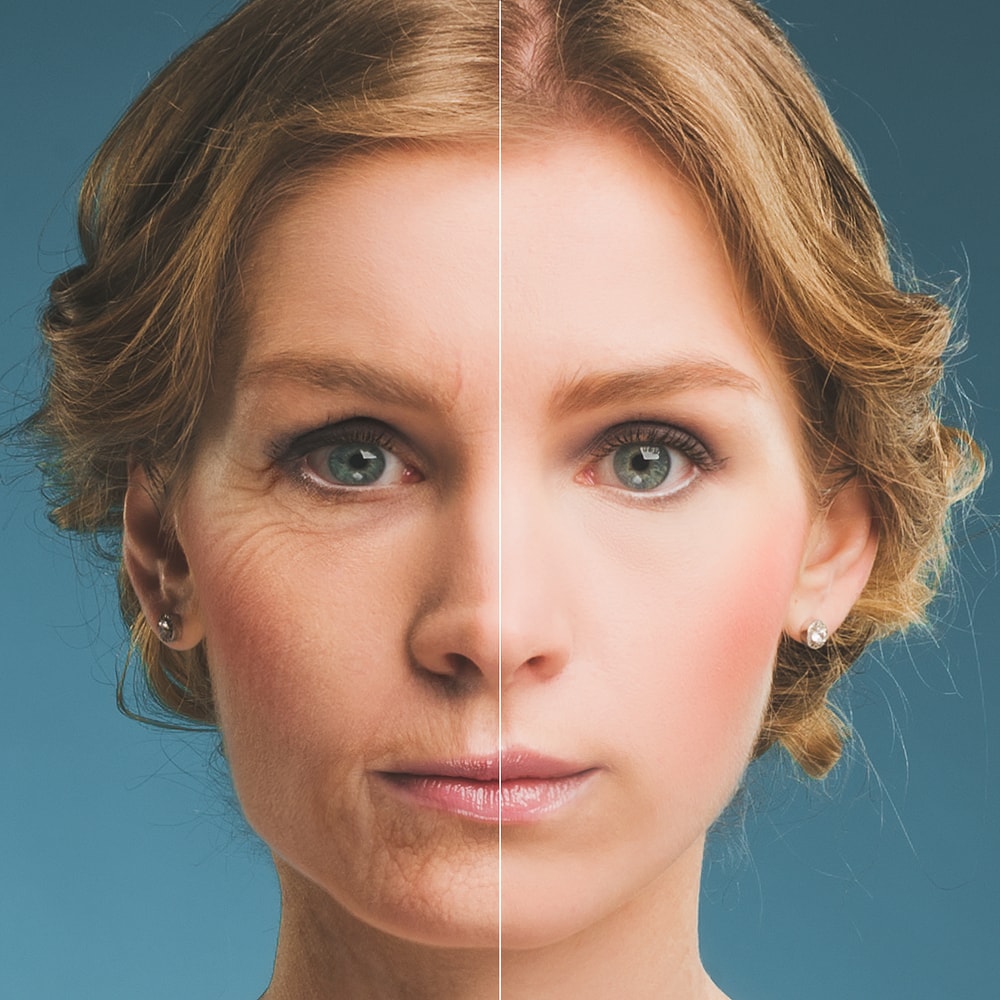Remarkable 63-year study finds the person we are in adolescence isn’t who we are in later life
For anyone living with a moody teenager, or thinking they’re nothing like their eccentric nan who causes mischief, we have some news. The longest-ever study into human behaviour, looking at a person from when they're 14 to 77, has found that you’re not the same in your golden years as you were in childhood.
In other words, you could be more like your grandparents than you think, and that moody teenager may turn out to be just like you. Unfortunately, it doesn’t seem you can speed up the process.

Researchers from the University of Edinburgh used data from 1,208 participants in The Scottish Mental Survey in 1947, where 14-year-olds took an intelligence test and were rated on six personality traits by their teachers.
In 2012, the researchers tracked down as many of the original participants as possible, finding that 417 had died, 89 had emigrated, and 68 couldn’t be traced. Out of the remaining people, some declined to take part, leaving 174 participants in the follow-up study in 2013. The participants in this second phase of the study completed another intelligence test, rated themselves on their personality traits again, and a close friend rated them too.
The six personality traits the studies focused on were self-confidence, perseverance, stability of moods, conscientiousness, originality, and the desire to excel.
Results showed that only conscientiousness and stability of mood were consistent throughout a person’s life cycle, but even those weren’t guaranteed to stay the same.
Mathew Harris, who performed the research, told The Times, “We hypothesised that we would find evidence of personality stability over […] 63 years but our correlations did not support this hypothesis.”
While this isn’t the first study to look into how a person’s personality can change over time, it is certainly the longest, and gives us a clearer picture of the effect of time and life-experiences on our personalities.
Celebrated poems like Jenny Joseph’s When I Am Old, suggest the difference from youth to old age means living a less conscientious, more carefree life. In her dotage, the poet plans to ‘run [her] stick along the public railings, and make up for the sobriety of [her] youth’. However, by showing we could change with age, the ground-breaking survey hints that we should be working on the positive aspects of our personalities much sooner. Why wait until old age to live how you want? Perhaps we should make steps to become that person now.

Further studies have linked personality to subjective wellbeing, suggesting that changes in our personality have a greater impact on our psychological configuration than external factors such as changing jobs or getting a promotion.
A study by the University of Manchester’s School of Psychological Sciences looked at 7,500 people in Australia over four years, where participants completed a questionnaire on life satisfaction and personality. They found personalities changed as much as other external factors, and changes in personality were able to predict whether their life satisfaction also changed.
The Manchester researchers said previous studies had shown that personality accounts for up to 35 percent of individual differences in life satisfaction, while employment status and income account for just 4 percent each.

Dr Chris Boyce, the lead author of the study, stated that “Fostering the conditions where personality growth occurs – such as through positive schooling, communities, and parenting – may be a more effective way of improving national wellbeing than GDP growth.”
His argument infers the government should put more money and consideration into things that affect people’s personalities in order to help develop more well-rounded individuals.
While a leopard cannot change its spots, it seems we all have room to grow. Best of all, we have 70 years to do it.


Comments